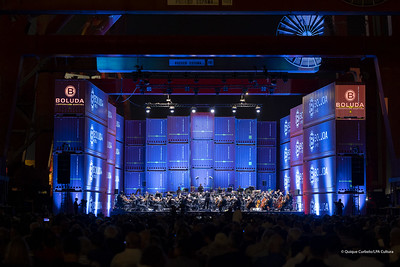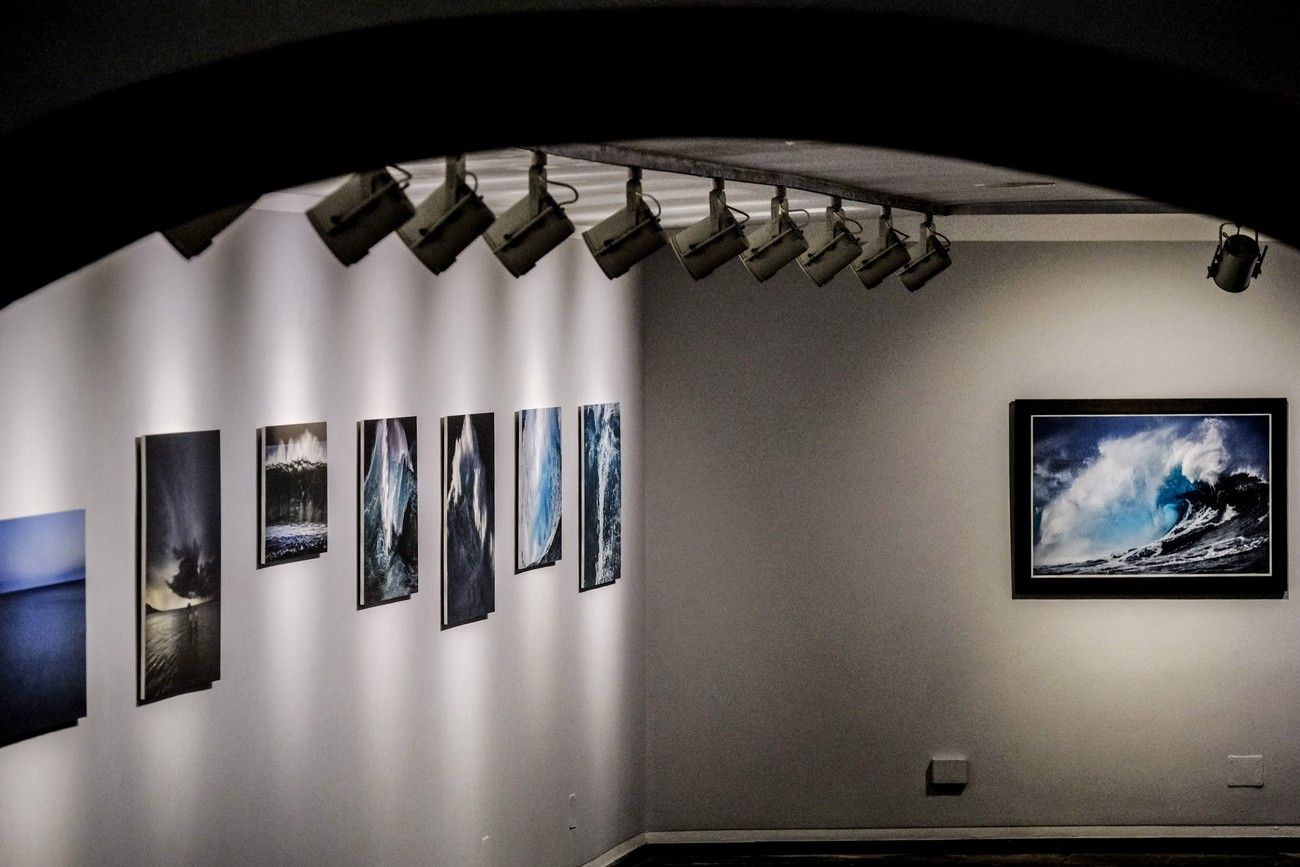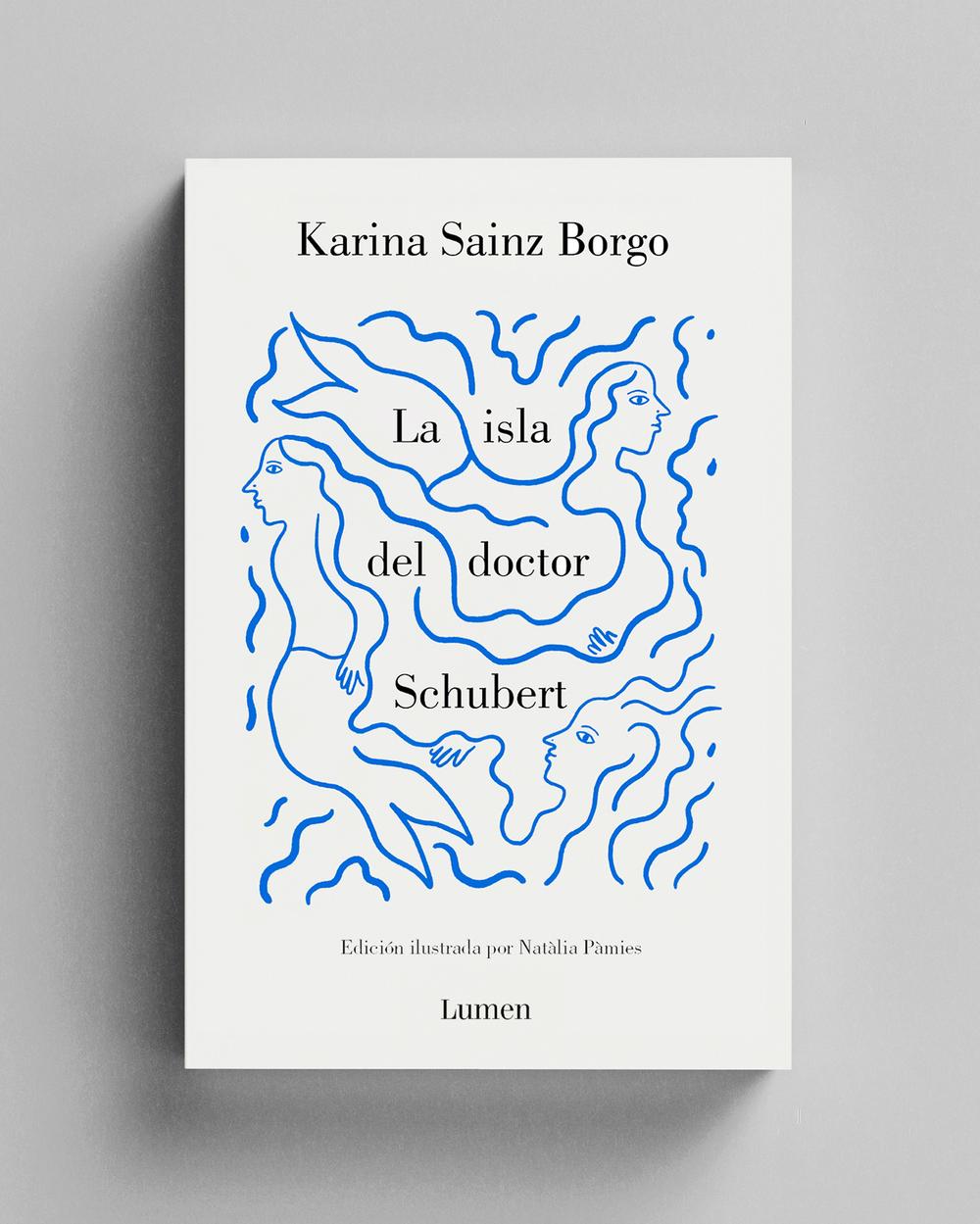Whoever decided to organise the 32nd International Canarian Jazz Festival (30 June — 23 July 2023) and 27th TEMUDAS Fest (6—22 July 2023) at the same time, clearly didn’t think of people like me. Oh well. I tried to catch what I could.
- 6 July: Both Sides of Joni Mitchell and Rey & Syl @ Paraninfo de La Universidad de Las Palmas, Calle Juan de Quesada, 30, Las Palmas de Gran Canaria
- This double bill started with a jazzy tribute to Joni Mitchell by Alexis Cole (vocals) and Monika Herzig (piano) with Peter Kienle (guitar/bass), Peter Lehel (saxophone) and Cecilia Sanchietti (drums). I found the second part more engaging: a fantastic band featuring Dorrey Lin Lyles (vocals), Sylwester Ostrowski (tenor sax), Jakub Mizeracki (guitar), Michał Szkil (piano), Adam Tadel (double bass), Owen Hart Jr. (drums), Lucas Balbo (percussion), Mariana Martinez (dance) and Slawek Ostrowski (vocals).
- 7 July, 21:00: «Latas» @ Plaza Stagno
- 7 July, 22:00: «Pedaleando hacia el cielo» @ Plaza de Santa Ana
- Bikes, circus and opera: a truly amazing performance by the Belgian company Theater Tol which “tells a love story about being together in dark days” (see the gallery).
- 13 July: «Juan de Miranda (1723—1805), un relato de ida y vuelta. Músicas para un genio canario» @ Casa de Colón, Calle Colón, 1
- El Afecto Ilustrado immersed us in the music of the times of the Spanish Baroque painter Juan de Miranda (1723—1805), who happened to be born on this day 300 years ago in Las Palmas de Gran Canaria. Featuring Lucía Caihuela (mezzo-soprano), Adrián Linares (violin), Marta Ramírez (violin), Diego Pérez (cello),
Carlos Oramas (theorbo, baroque guitar), Juan Carlos de Mulder (theorbo) and Raquel García (organo). The programme of the concert included:
- Antonio Martín y Coll: Xácaras, de Flores de Música
- José de Torres: Bosques Umbrosos (cantada)
- Joaquín García: ¡Ay, qué prodigio! (cantada al Santísimo Sacramento)
- Josep and Joan Baptista Pla: Trio sonata en re menor
- Joaquín García: ¡Ah, del rebaño! (tonada de Corpus)
- Francisco José de Castro: Sonata prima, de Trattenimenti Armonici da Camera, op. 1
- José de Torres: Afectos amantes (cantada)
- Francesco Corselli: Si aquel monarca de Israel (cantada)
- 14 July: Le G. Bistaki, «Baïna[na]» @ Plaza de Santa Ana
- You won’t believe what four men with shovels can do (see the gallery).
- 15 July: «Grandes finales» @ Terminal de Contenedores del Muelle de La Luz (Grupo Boluda)
- The free buses from La Muelle took us to the container terminal. In our bus, we were entertained by a gospel choir; not sure if there were enough choirs for each bus. The main course: Orquesta Filarmónica de Gran Canaria conducted by Karel Mark Chichon. The programme included, well, mostly finales: those of Scheherazade by Rimsky-Korsakov, the Fourth and Sixth Symphonies by Tchaikovsky, Puccini’s La bohème, Enigma Variations by Elgar, and Baba Yaga/The Great Gates of Kiev from Mussorgsky’s Pictures at an Exhibition. Plus encores (IMHO, the best part): The Sailor’s Hornpipe, the coda of Ponchielli’s Dance of the Hours and Radetzky-Marsch by Johann Strauss Sr. (see the gallery).
- 18 July: «Un paseo por la Europa de los siglos XVII y XVIII: Entre Chaconas y Pasacalles» @ Casa de Colón
- Another concert of the cycle Música Antigua en el Patio, this time of 17th- and 18th-century harpsichord music performed by Patricia Robaina. The programme included:
- Louis Marchand: Suite en Re menor
- Prélude
- Chaconne
- Jean-Baptiste Forqueray: Suite en Do menor
- La montigni
- Henry Purcell: Ground en Do menor
- Bernardo Storace: Ciaccona en Do Mayor
- Jean-Baptiste Forqueray: Suite en Sol Mayor
- La Buisson
- Chaconne
- Jean-Henri d’Anglebert: Chaconne de Phaëton
- Henry Purcell: Ground en Mi menor
- Johann Caspar Ferdinand Fischer: Uranie
- Toccata
- Georg Muffat: Passacaglia en Sol menor from Apparatus musico-organisticus (1690)
- Louis Marchand: Suite en Re menor
- 21 July: Carmen Souza and Caramelo de Cuba @ Plaza de Santa Ana
- Six years after we went to see her trio in the Auditorio, a welcome re-encounter with Carmen Souza (vocals, guitar, paino), this time as a quartet with Deschanel Gordon (piano), Elias Kacomanolis (drums) and Theo Pascal (electric bass). Caramelo de Cuba seemed to be an interesting project but I didn’t stay beyond the first song.
- 22 July: Puertas al Sur 5tet and Ayom @ Plaza de Santa Ana
- Puertas al Sur 5tet mixes the traditional Afro-Latin rhythms rhythms such as bomba, cumbia, festejo and plena with modern jazz and electronica. I’d say too much electronica and loops for a quintet/sextet featuring Beatriz Alonso (voice, keys), Ariel Bringuez (sax, keys, percussion), Kumar Sublevao-Beat (MC, percussion), Luis Suarez (percussion, loops, samplers) and Miguel Manescau (guitar, bass guitar), plus a special guest Octavio Hernández (guitar). And yes, they better loose that rap. I enjoyed Ayom much more: not as much jazz as a catchy amalgam of Lusophone African and Atlantic with Mediterranean music styles. Featuring Jabu Morales (voice and percussion), Alberto Becucci (accordion), Timoteo Grignani and Walter Martins (percussion), Ricardo Quinteria (guitar) and Francesco Valente (bass).
- 23 July: Música en la Francia del siglo XVIII @ Gabinete Literario, Plaza de Cairasco, 1
- This free concert was given by the teachers of the forthcoming International Course of Early Music (I Curso Internacional de Música Antigua en Las Palmas de Gran Canaria, 24—27 July). I learned about this event thanks to Patricia Robaina. Performers: Paula Pérez (violin), Mariana Pimenta (soprano), Patricia Robaina (harpsichord) and Pablo Sosa (flute). The programme included Cantata Medée by Louis-Nicolas Clérambault; Le deuxième récréation de la musique by
Jean-Marie Leclair; and Cantata Le sommeil d’Ulisse by Élisabeth Jacquet de La Guerre.
And two photography exhibitions:
- 15 June — 28 July: «La Isla/El Agua» @ Centro Cultural CICCA, Alameda de Colon, 1
- An exhibition of water-related works by Canarian photographer Tato Gonçalves.
- 29 June — 28 July: «San Juan Night Tour» @ Centro de Artes Plásticas (CAP), Calle Colón, 8
- As the name suggests, the images of barrio San Juan by night, by Lidia Esther Díaz Gil.
Apart from «Grandes finales», all the events/exhibitions were free of charge.
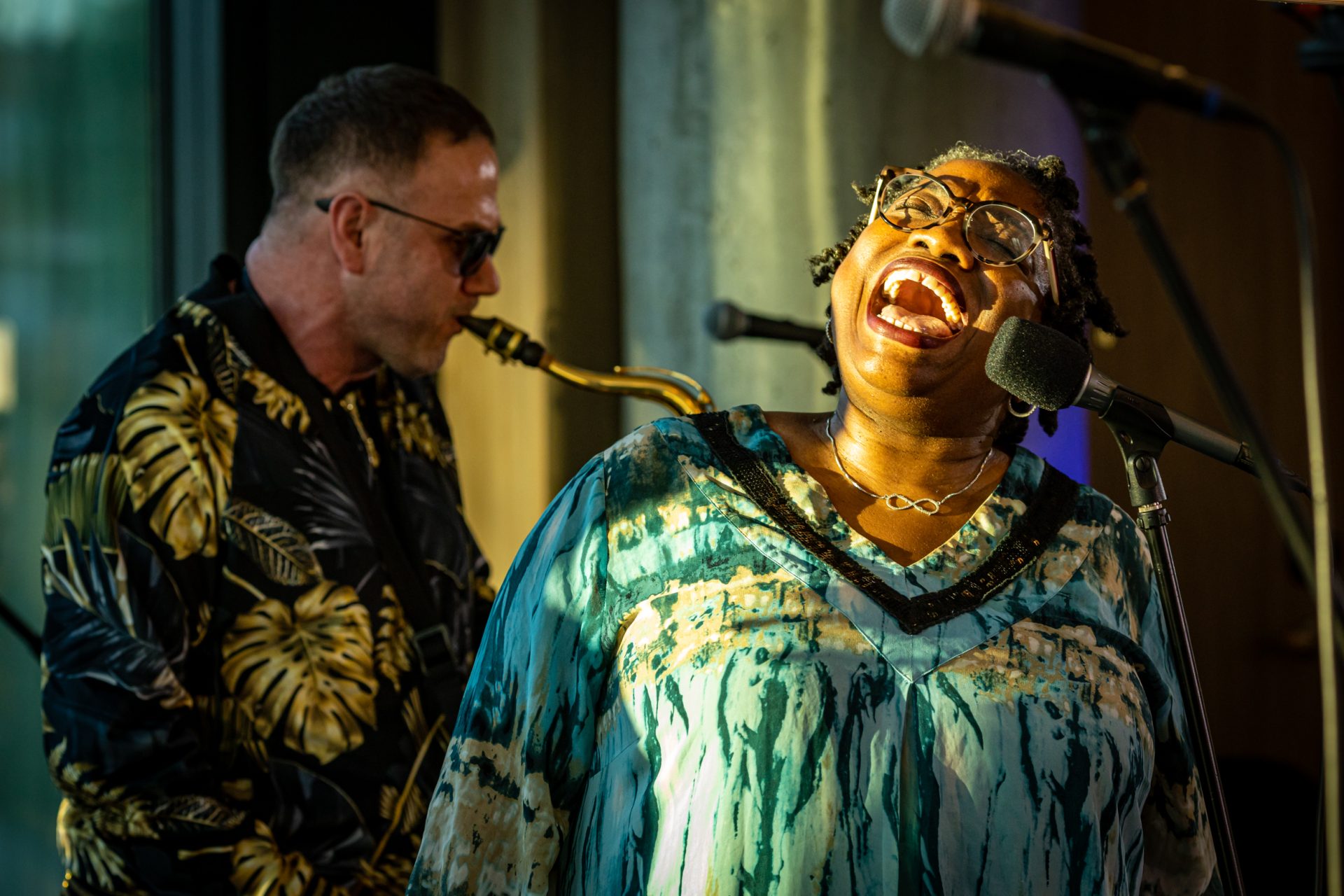
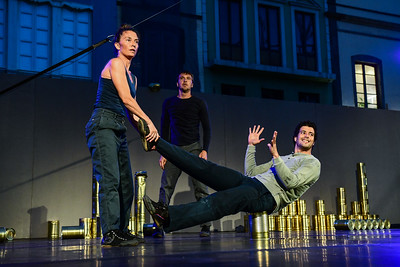


![LE G. BISTAKI, «BAÏNA [NA]»](https://live.staticflickr.com/65535/53046916796_ab35cbbe05_w.jpg)
